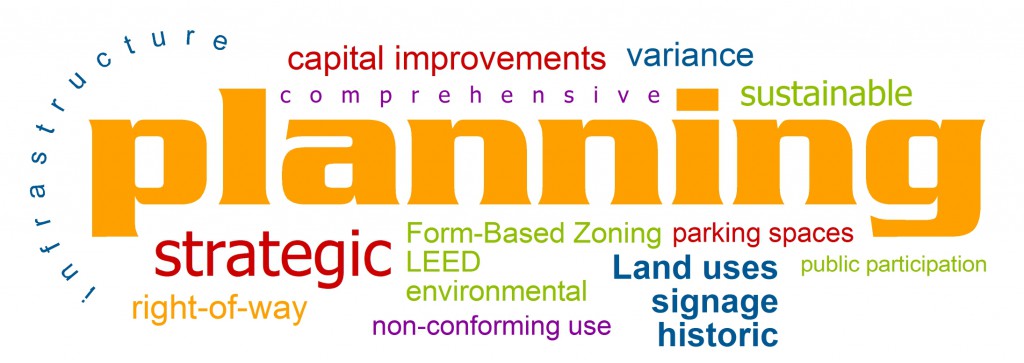What is planning and the role of the planner?
Stepping into Community Planning Workshop, I had little experience working in the formal planning field and an even smaller knowledge about the technical aspects of planning. Part of my goal for taking the class was to understand planning and what being a planner meant. Two questions framed my approach to CPW: what is planning and what is its ultimate purpose? Throughout the past two terms I have come to a couple conclusions, which will ultimately shape my approach to understanding planning and being apart of the planning process as I move forward in my carrier.
The CPW project I am a part of (RVTD-Rogue Valley Transit District High Capacity Transit) focuses on understanding public perceptions and opinions around transit and developing high capacity transit in the Rogue Valley. Throughout our project, we gathered public perceptions using a number of methods, including surveys, focus groups, and key person interviews. Our main job is to listen, relay information to our client, and provide recommendations for moving forward in the development process. Ultimately, I feel that through the act of listening we are helping to facilitate the creation of a vision of what transportation, land use, connectivity, and opportunity will look like in the Rogue Valley 20 to 50 years from now. After reflecting on the purpose of this project and engaging in fruitful conversations with my team members and project manager, I have cultivated a particular conceptualization of what planning is and the role of the planner.
First, I believe the purpose of the field of planning is to create inclusive places that allow people to individually and collectively flourish. Creating inclusive places entails having inclusive, empowering, authentic, and holistic public participation processes. Throughout the public participation process everyone should have the opportunity to shape their community. Additionally, planning entities, governments, and other institutions should be committed to a progressive perspective that centers on treating everyone with respect, dignity, and benevolence and providing the public with the means to significantly impact decision making processes.
Next, given the this particular view of planning, I believe that planners should first and foremost be respectful listeners, who facilitate the creation of inclusive places through engaging and integrating the needs and concerns of individuals into the plans and projects that ultimately shape the futures physical and social landscape of a place. At the same time, planners are informants, who provide the public with meaningful information, tools, and expertise that can be utilized to help all individuals and groups collectively flourish. These two roles are somewhat paradoxical, making it difficult to strike a balance between the roles, especially when dealing with contentious issues.
Planning can and should facilitate human flourishing. It takes planners with the aptitude and humility to listen to the public with respect and share their expertise in meaningful non-coercive ways. Additionally, it entails taking a progressive approach, where planners work to dismantle institutional oppression and marginalization, place the value of human voice over state-centric goals and private profit, and create meaningful connections between people and places.
 About the Author: Austin Cummings is a second year Public Administration student, most recently hailing from the Mississippi Delta. His primary research interests revolve around creating equitable and inclusive cities, social theory, community development, and the connection between urban planning, education policy, and the geography of opportunity. Next year Austin will be pursuing a PhD in Urban Studies at Portland State University. Outside the confines of academia, Austin loves playing guitar and singing- once being described as the songbird of his generation.
About the Author: Austin Cummings is a second year Public Administration student, most recently hailing from the Mississippi Delta. His primary research interests revolve around creating equitable and inclusive cities, social theory, community development, and the connection between urban planning, education policy, and the geography of opportunity. Next year Austin will be pursuing a PhD in Urban Studies at Portland State University. Outside the confines of academia, Austin loves playing guitar and singing- once being described as the songbird of his generation.


